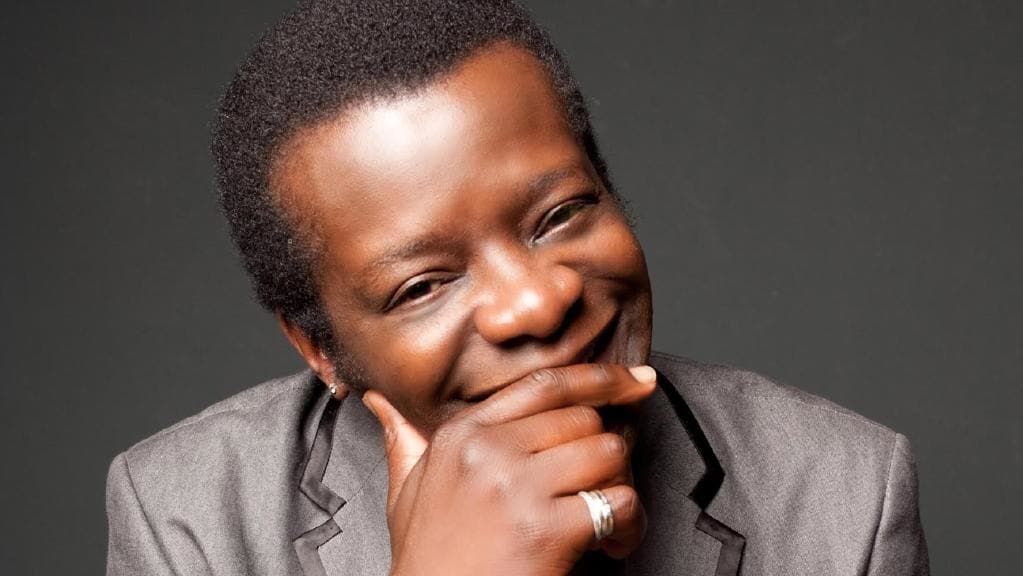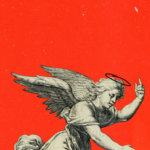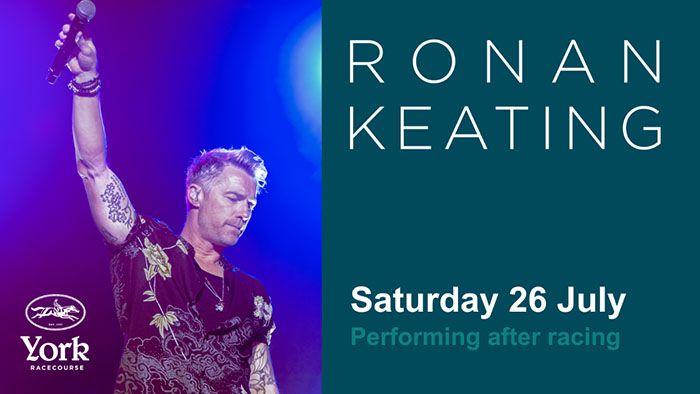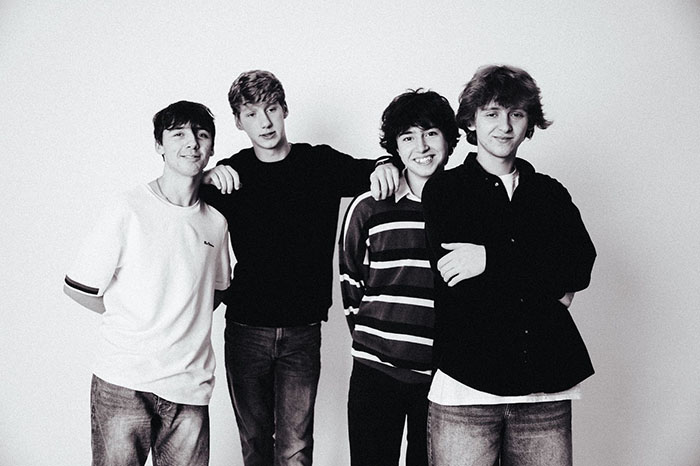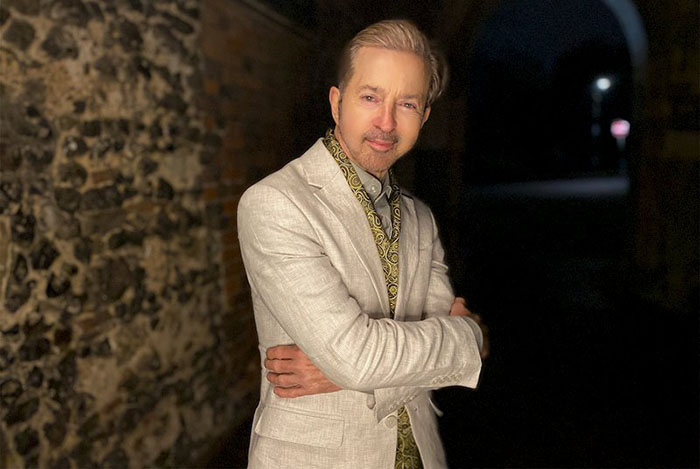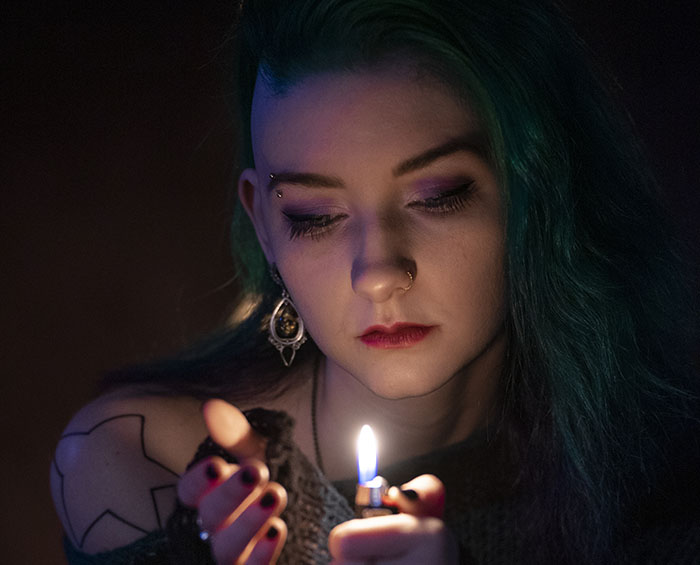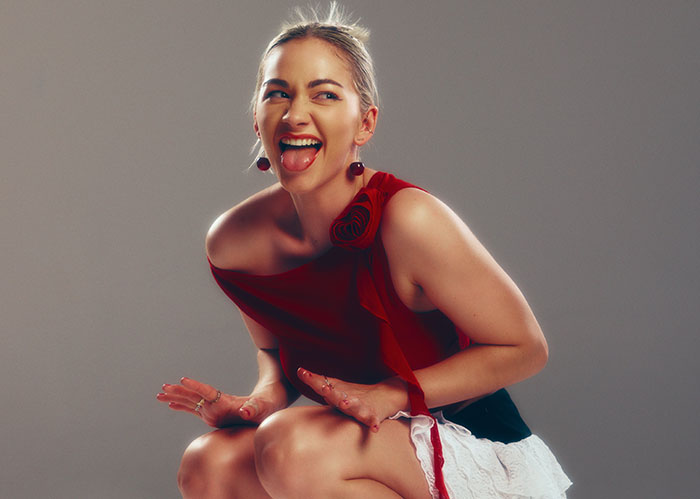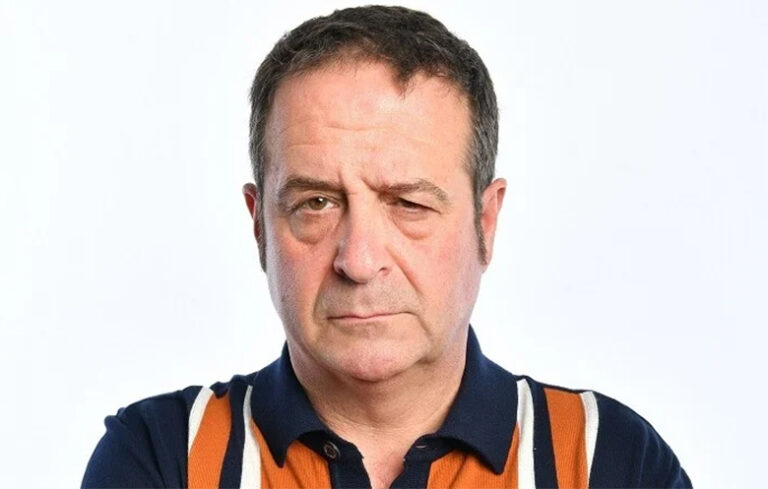Stephen K Amos brings his Everyman show to all corners of the UK including a date at City Varieties in Leeds in January 2020. Ahead of the tour, we spoke to Stephen about the show, meeting the Pope and much more. Read what he told us here.
1. Thanks for your time Stephen, I appreciate it’s a busy time for you. Are you looking forward to getting back out on the road ?
“I love it, it’s the best part of the job. Getting out on the road and being on stage saying exactly what I want to say. There is no worries about TV executives or newspaper people telling you what you can and cannot say. Love it!”
2. What can we expect from your new show ?
“Well, I’m not using the ‘B’ word. The show is called Everyman so I think are we in a world where every man is for himself or are we in a world where every man has a chance. I’d like to know which side I fall on, I’m not one to be preachy or anything. The show looks at the positive side of things particularly in the light of when things are going wrong or there is sadness in your world or things that happen that are maybe out of your control and how you overcome those things.”
3. The comedians we speak to these days say that want people to forget what is going in for the hour or so they’re on stage and just have a good laugh. How difficult is it being a topical comedian and writing material that isn’t based on what is going on around you that isn’t so cheerful ?
“The key is to write stuff that isn’t so obvious. It’s not signposted and is quite subtle. I’m pretty sure that, if I go on stage and my opening line is “so, what does everyone think about the B word”, I’m pretty certain I’ll get a massive groan from the audience. We’ve had three years of this now and we’re used to what’s going on in America. I want people in my shows to have different opinions. I want them to be left, right, middle. I want it so not everyone laughs at the same things. I’m not going to wear my political heart on myself, pleading for people and making it uncomfortable. People voted for whatever they chose for their own reason. There wasn’t a blanket reason so I want to make everyone laugh and, while I’m doing that, just drop those subtle little things in.”
4. The press sheet accompanying the show describes it as “your mission to bring world peace one show at a time”?
“[laughs], well, that might be a bold statement. It’s about sitting in a room full of people you don’t know. Different demographics, different backgrounds, different ages, different cultures and you’re all just laughing. The point is to not to forget the things that really, really do bond us all as people just because of what is going on in the world politically. I remember a time in my life when it was fine to disagree with somebody but, nowadays, I never get involved in online arguments with anybody. I don’t get involved, I don’t put my tuppence-worth in, my life is too short for that. I see what other people write and it just descends into abuse and it’s like “you’re a snowflake” or “you’re a Nazi” or what? It’s extraordinary.”
5. Like you’ve said, laughter is a universal language. Who or what makes you laugh ?
“I’ve said this before but I’ve got about eight or nine nephews and neices all under the age of twelve. Their brains haven’t been influenced by the negativity so they say things that really innocent and it makes me laugh. When I talk to my friends who aren’t comedians who are really funny people, they say things that really make me laugh. We like to laugh, it’s one of those human emotions that goes along with sadness, it goes along with being upset. In the same way, I think is it fine to upset somebody and, you know what, it probably is. We don’t live in a fair world. There aren’t grades of offensive, the whole point is about being able to have a dialogue and to talk to each other. Talking. Over the years, the world has taught us that the way to resolve things is through war and violence and is that where we’re going still ?”
6. In your recent life, one of your big highlights must have been the Pilgrimage you did where you ended up meeting the Pope. You seemed quite emotional during that meeting ?
“That programme came to me during a difficult time in my life. I’d literally lost very close family members and I was looking for answers, not religion and, literally this programme fell into my lap. It was a programme which brought together a group of people of different religious beliefs and backgrounds just to retrace a Roman Catholic pilgrimage from the bottom of the Alps into the Vatican. I was thinking that this would be great opportunity to do some walking, some thinking, some contemplation and so on. None of us knew until the last day that we would have a half hour audience with the Pope. My initial reaction was that I didn’t want to do it. I didn’t want to sit in a room with an organisation that I would rather not exist. I said I’d love to do it if we could ask questions. Suprisingly they said yes. I had a list of questions ready to ask, they asked to see them and thought some might spark a diplomatic incident but lets go for it. I did and I was blown away by his candid responses.”
“I got emotional because I expected to be shut down. My whole plan was, as dramatic as it sounds, that if he shut me down or dismissed my questions, I would get up and walk out even though I was in his house and it may have been seen as very rude. I would not have sat there and taken that. Instead, he engaged and said stuff and that caught me off guard and completely by surprise.”
7. What did you take away from the whole experience ?
“I took away from it that there is a lot of faiths and religions in the world including the Catholic institution, of which I have very many reservations, can change and can evolve. There are people who are deeply religious whatever their faith and they are quite open and receptive to the modern world. This Pope is one of the most valuable Popes, in my opinion, of the last few years. I’m pretty certain he must be struggling in some respects with the powers that be for him to toe the line. It took away the fact that I should not judge people, even though I think I don’t, I’d already gone in there with an idea of what I was going to do and that taught me to not judge people because you just never know.”
8. On that subject, did people judge you when you first started stand-up ?
“Oh God Yes. When I first started stand-up there were no really panel shows or anything like that, it was mainly the alternative lot like French & Saunders and Sean Hughes. I was just doing it for a bit of a laugh and when someone like me stands up in a pub, people automatically assume what you’re going to talk about. Absolutely. 100%. However, if you disarm them by going leftfield then they’re like “wow, okay…”. The thing is I was born and raised in London and most of us who were born and raised in London have similar experiences particularly if you’re of the same generation. I went to the same schools, we knew each others families and it’s just really interesting to see people in the audience nodding along and laughing at not just observational stuff but real life personal stuff that means something to me and it resonating with them.”
“I still get that now. I did a gig two years ago in Surrey and a guy, probably about 65-70, came up to me outside afterwards as I was signing stuff and said to me that he didn’t think he was going to like me but he thought I was really funny. That spoke volumes to me so I asked what it was. He’d never seen me before and somebody had brought him to the gig. All he had to go on was my face on a poster and he already was wondering what I’d be about. He came and I’d compounded his preconcieved ideas. My thing is to look out into an audience and see people of different backgrounds, different races, different faiths, whatever and we all laugh. I don’t want people to feel like I felt, I would never have dreamt of going to a comedy club when I was a teenager. I would have assumed all the comics were doing racist, sexist, homophobic gags and I’d be the odd one out looking wierd. I think what has changed is that there are more comedians now from different demographics who are now are fighting back and they are fighting back with a voice. There are a lot more female comedians, a lot more comedians from ethnic backgrounds and religions and that’s what has changed.”
9. Curveball question now. Spitting Image is making a return soon and they’re well known for exaggerating victims personality traits. If they did a puppet of you which aspect of your personality would you want them to pick on ?
“Ooh, that’s a very good question! Well, people have said that I do very feelgood comedy or I’ve got a very positive disposition so maybe I’d like to see that exaggerated. Maybe to the point of where I look like a fool because I’m just so happy about everything all the time. Invariably nobody is happy about everything all the time.”
10. Thanks for your time and good luck with the tour. The tour takes you upto the early part of next year, what are your plans after that ?
“I’m going to do a season in Austrlia, New Zealand and America. That is my year planned. I’ve been to all of those countries before but, what I haven’t done in America is stay there for a while. What is really inspiring for me at the moment is that the American ear for comedy has improved. We’ve got the likes of Trevor Noah, my friend Gina Yashere has her own sitcom, Jim Jeffries has his own show there, even James Corden. It’s time for them to hear different points of view from the UK. I can definitely promise them I’m not Benny Hill and I certainly won’t be slapping a bald man on the head or chasing scantily clad women around. No thank you. So, that’s pretty much my 2020 planned.”
Get all of the upcoming dates for the Everyman Tour here.
